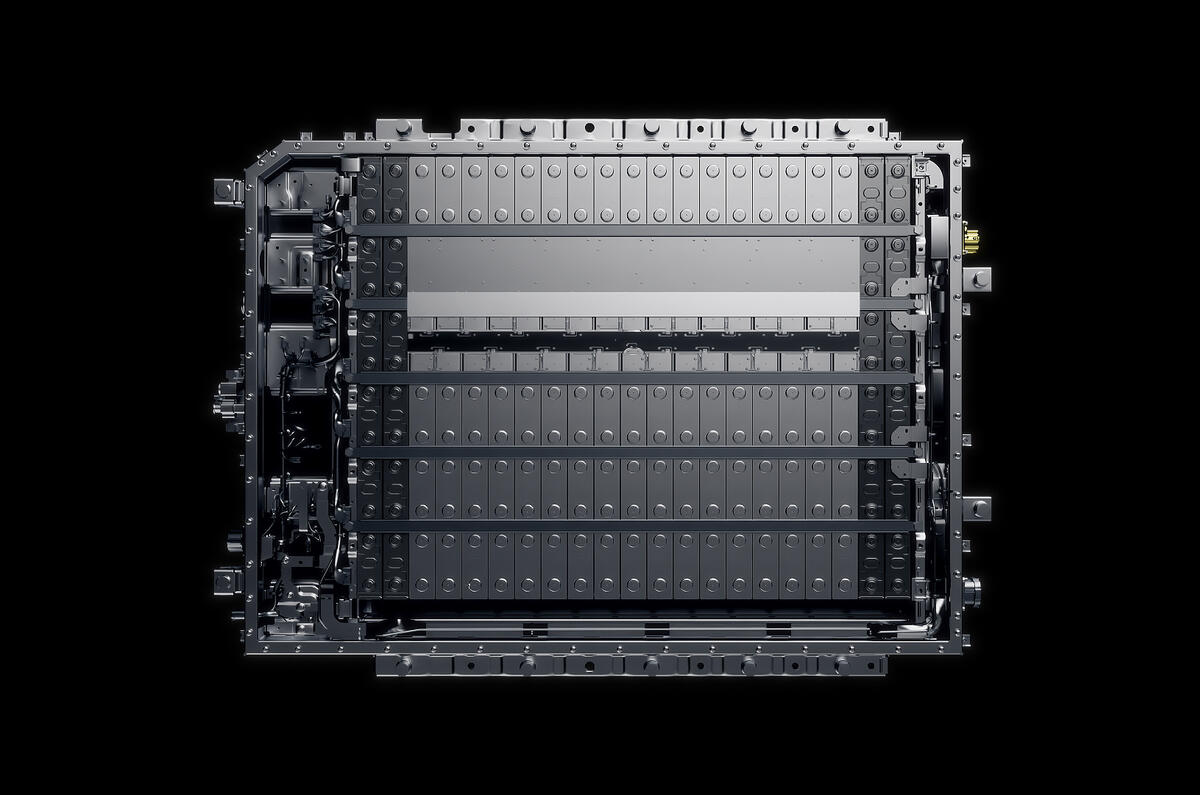Tech firm CATL has developed a new battery pack that is claimed to give plug-in hybrids as much as 249 miles of electric range.
This figure, produced by the Freevoy Super Hybrid Battery, beats some fully electric cars such as the Peugeot e-208 and new Skoda Elroq.
Developed specifically for PHEVs, the pack also increases charging capability and cold weather efficiency compared with packs fitted to current cars, says CATL (Contemporary Amprex Technology Limited).
It will be launched next year and give hybrid owners a “BEV-like” experience, the Chinese firm claims. The first models to use it will be from Li Auto and Changan’s Avatr and Nevo brands, with other manufacturers set to follow, according to CATL.
It is the third pack launched by the tech firm, the other two being for fully electric vehicles. Clients include Volvo, BMW, Ford, MG and, its biggest customer, Tesla.
CATL’s latest creation uses a sodium-lithium chemical compound to balance energy density. This allows it achieve a maximum range of 249 miles, the firm claims, although it has yet to provide details of the size or energy capacity of the new pack used in its example.
This claimed figure is thought to have been calculated by the favourable China Light-Duty Vehicle Test Cycle. It is almost three times higher than the PHEV with the best electric-only range on sale, the Polestar 1, can currently offer: 93 miles via the European WLTP standard.
CATL says the new battery has been designed to meet the growing demand for PHEV models that rely more on the electric motor than the combustion engine for propulsion.
One of the key breakthroughs in the Freevoy battery is its ability to charge quickly. With a 4C charging rate, the battery can achieve 174 miles of range after just 10 minutes of charging, says CATL.
This development comes in response to what CATL sees as a critical gap in the market: many existing PHEVs offer relatively small battery capacities, forcing frequent charges and, thereby, reducing the overall lifespan of the battery when the vehicle is run in electric mode.
“Many hybrid drivers want to use more electricity and less fuel, but current [PHEV] models often prioritise the [combustion engine],” a CATL spokesperson said. “Our new battery addresses this by extending electric range and providing faster charging, while also performing well in extreme temperatures.”
The Freevoy battery is built to operate in temperatures as low as -40°C and maintain charging functionality at -30°C. CATL says users can expect a charging experience comparable wth normal temperatures at -20°C.









Join the debate
Add your comment
Still not bad, but isn't it time these different multi-lettered global consumption testing bodies had a serious word with themselves and developed a testing regime that reflected reality instead of fantasy.
It's bloody ridiculous.
Wow. Not even one tangible metric in all of that waffle.
Why would you need to charge in 10minutes for a weeks range?! Rapid charging is for long distance travel. If you dont have off road parking, destination charging will easily cover your needs for that kind of weekly mileage.
Lugging a big battery and ICE power train around is the worst of both options. At least hybrids are slowly dragging luddites towards BEVs I guess.
because we don't go that far?, so reference to the ten minute charge is what we do, I said it before, maybe I don't do enough miles to justify the outlay for an EV.